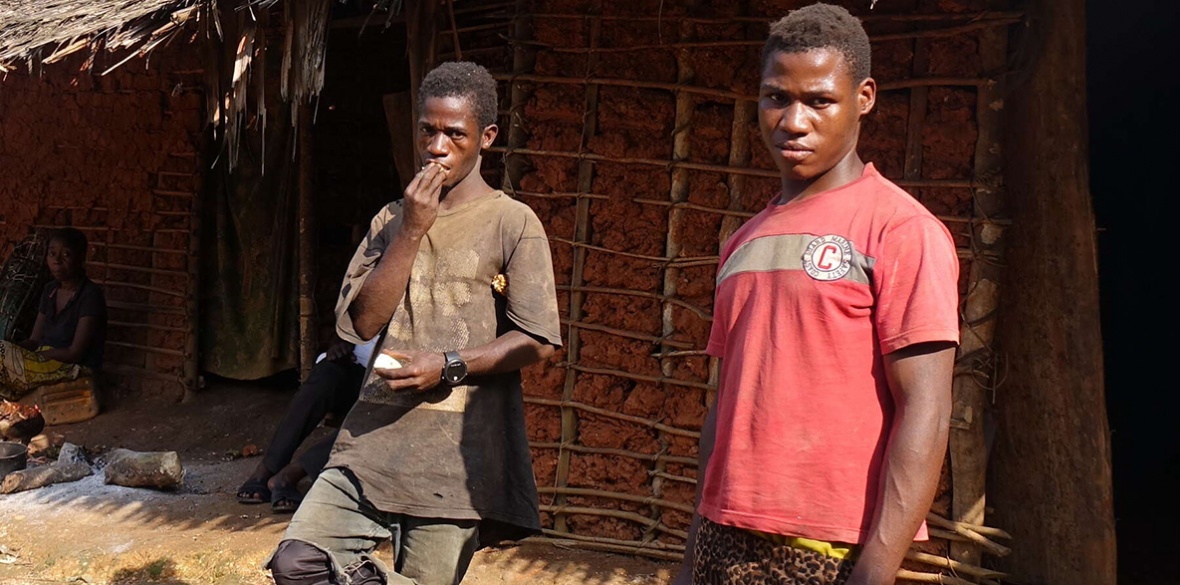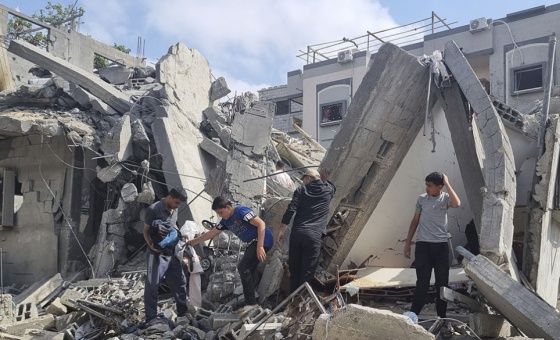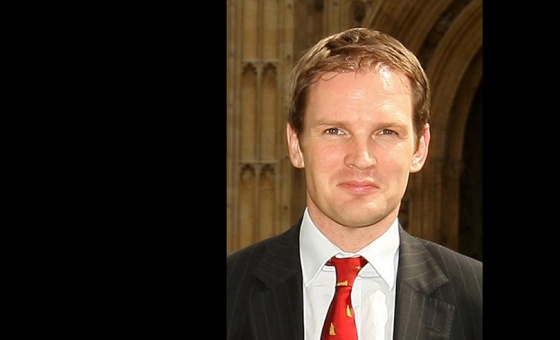This is the last article you can read this month
You can read more article this month
You can read more articles this month
Sorry your limit is up for this month
Reset on:
Please help support the Morning Star by subscribing here
UNESCO, the educational, scientific and cultural arm of the United Nations, has been accused of complicity in the illegal eviction and abuse of indigenous people around the world in a report published today — World Heritage Day.
In its report, rights organisation Survival International uncovers repeated cases of torture, rape, and killings of indigenous people in and around Unesco-designated world heritage sites.
The report highlights the case of the Maasai people in Tanzania who live near the Ngorongoro conservation area. The government there plans to evict thousands of Maasai from lands where they have lived for generations — a move Unesco has explicitly backed, according to the report.
A Maasai leader quoted in Survival’s report says: “Unesco’s support is being used to evict us. We are very sick and confused. We don’t know when we will die.”
Another case in the report concerns the Batwa people in the Kahuzi-Biega national park in the Democratic Republic of Congo.
In 2019, the report says, “park authorities, with the support of the Congolese army, started a campaign to purge the forest of indigenous Batwa people who had returned to their ancestral lands in the park.
“Unesco had promoted an approach based on force and militarisation and had urged the government to ‘increase the scope and frequency of the patrols’ and to ‘evacuate the illegal occupants’.”
Survival’s director Caroline Pearce said Unesco’s role in these abuses “has gone beyond silence to encompass the active support of governments, and actions, that violate indigenous rights.
“It must remove world heritage status from any such site where abuses are taking place.”
A Unesco World Heritage Centre spokesperson said: “Unesco’s work with indigenous peoples in all areas of the Organization’s mandate is in full alignment with the United Nations Declaration on the Rights of Indigenous Peoples (UNDRIP). In particular, Unesco has made respect for the rights of indigenous peoples a fundamental principle for the management of World Heritage sites.
"In accordance with this principle, Unesco has consistently and publicly underlined to its Member States, who are responsible for the management of inscribed sites, the importance of full respect for human rights, including the rights of indigenous peoples. This is the case for sites like the Ngorongoro Conservation Area (Tanzania), the Forest Massif of Odzala-Kokoua (Congo), Chitwan National Park (Nepal) and any other site where allegations of human rights violations may be reported.
"Unesco therefore strongly contests Survival International's statement denigrating the role of the World Heritage Convention.
"Instead of a 'report,' Survival International's publication consists of a collection of individual testimonies collected on six World Heritage sites, on the basis of which the NGO casts shame on all 1,199 World Heritage sites.
"This method, transforming specific allegations expressed on six sites into a generality, seems particularly questionable, while it has been demonstrated by numerous experts and reports that the World Heritage Convention serves the interests and rights of indigenous populations on hundreds other sites around the world.
"Unesco also deplores not having been consulted by Survival International in the preparation of this publication. This would have made it possible to provide tangible examples of the numerous actions already undertaken by the Organization, including in the sites mentioned by Survival International and often directly with the indigenous populations concerned, to strengthen the protection of their rights and their direct participation in the management of the sites.
"We are surprised by this approach because Unesco has always taken into account and responded diligently to Survival International’s requests.
"It seems that Survival International is now fighting the wrong battle: multilateral frameworks such as the World Heritage Convention are not the cause of the problems; on the contrary they are the best allies to defend, shed the light on, monitoring and effectively advance the rights of indigenous peoples.
"The World Heritage Convention, through its global normative power aligned with the requirements of the UNDRIP, provides tools to defend the rights of indigenous peoples much better than when there are only national or local regulations.
"The inscription of a World Heritage site also places its management in the international spotlight: managers are subject not only to greater normative obligations but also to much greater pressure from public opinion than when it is a simple national park or similar status.
"Since 2023, States Parties to the Convention have also been required to demonstrate that the free, prior and informed consent of indigenous populations has been obtained before inscription of a site on the World Heritage List.
"We must use all these opportunities offered by the World Heritage Convention to work together to defend and advance the rights of indigenous peoples.
"To this end, an International Indigenous Peoples Forum on World Heritage was created in 2018 and dozens of NGOs who represent or work with indigenous peoples are partners of the World Heritage Centre.
"Unesco invites Survival International to join this network and work with all actors already at the table and engaged to further advance the rights and participation of indigenous peoples in World Heritage sites.”

 Ben Cowles
Ben Cowles








